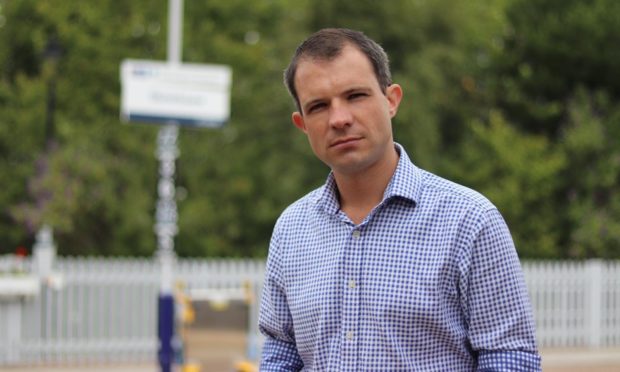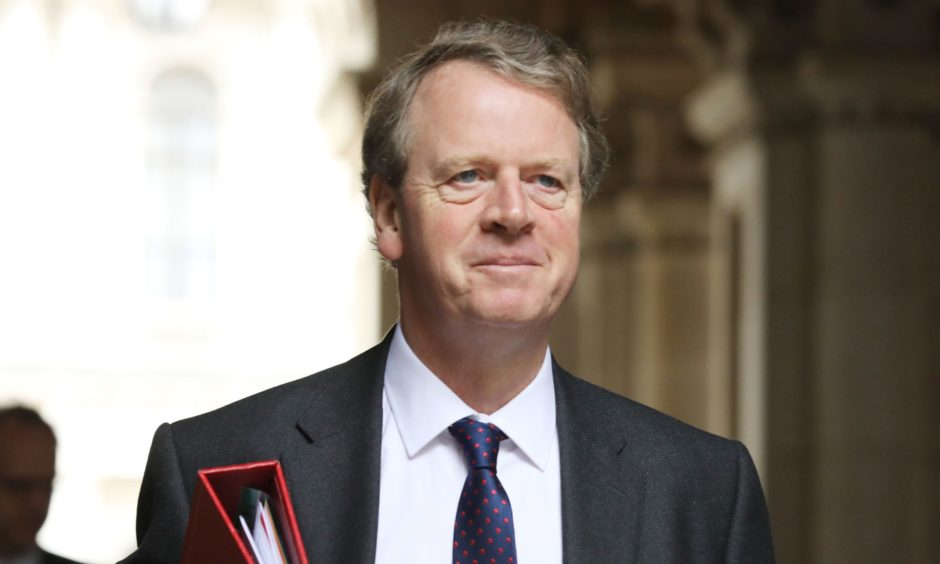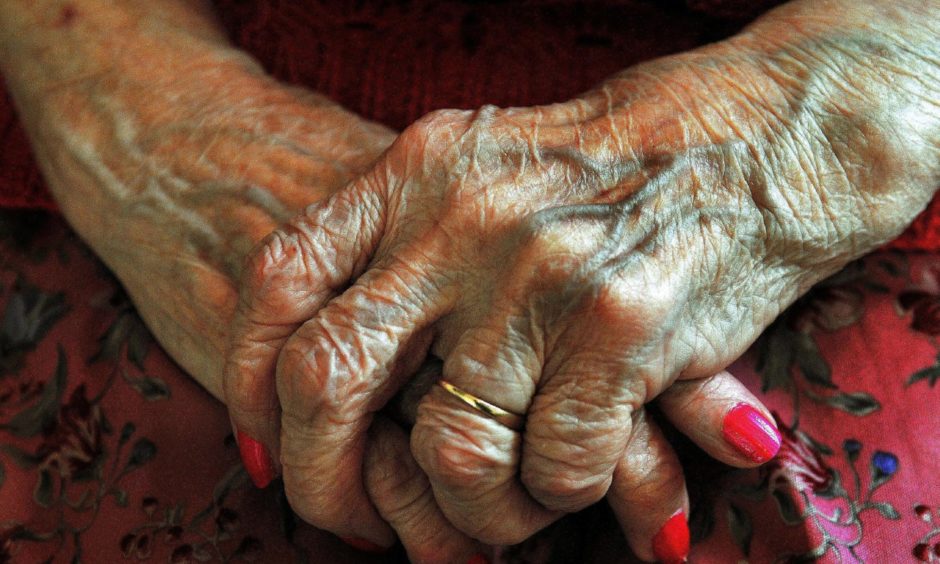Scottish Secretary Alister Jack has backed Andrew Bowie’s calls for a national review of ‘do not resuscitate’ decisions taken at the start of the pandemic.
The move follows the publication of a damning report into their use and practice by the care watchdog in England, around the time the pandemic began.
The report by the Care Quality Commission found that the human rights of more than 500 patients in England may have been breached when Do Not Attempt Cardio-Pulmonary Resuscitation (DNACPR) orders were imposed without discussion with the person or their families.
Mr Bowie, MP for West Aberdeenshire and Kincardine, has dealt with several constituents who felt compelled to sign an order or had one applied without their consent.
He said the review in England brought a “harrowing number of justified complaints to light”.
The DNACPR form is usually agreed between a person and their doctor, guiding medics in the event a patient’s heart or breathing stops.
‘Horror stories’
The Conservative MP has joined Mr Jack in calls to the incoming Scottish Government to follow suit and conduct a review into similar decisions made north of the border.
Mr Bowie said: “CQC’s investigation confirmed that blanket use of DNACPR was wrong.
“Since last summer I’ve been dealing with Age Scotland and other charities about the scale of the problem in Scotland.
“There have been horror stories which will stay with me for a long time.
“I urge the SNP to accept it’s time for the same level of scrutiny to apply north of the border.”
In response to a written question from Mr Bowie, the Scottish Secretary said it is important for governments to work across the whole of the UK to “build understanding of the role DNACPR decisions play in high-quality personalised care”.
He added: “As public health is a devolved matter, I would call on the incoming Scottish Government, following Scottish elections in May, to listen to patients, families and care organisations who have serious concerns about the use of DNACPR orders during the Covid-19 pandemic.”
Age Scotland has led calls for an investigation into the use of DNACPRs during the Covid-19 pandemic and believes there are “numerous examples” across Scotland of “unorthodox” use of do not resuscitate orders.
It comes after the charity was contacted by older people and their families who received calls from their GPs, asking them to agree to the order, and patients who discovered paperwork in their hospital discharge notes that had been completed without their knowledge.
We revealed last year that an Aberdeenshire woman was left crying for hours after feeling pressured into signing a do not resuscitate form over the phone.
‘Growing support’ for review
Brian Sloan, chief executive of Age Scotland, said there is “growing support” for a review into the way DNACPR decisions were applied in the past year.
He added: “We know from calls to our helpline that a number of older people and their families in Scotland have been very concerned and angry about these decisions in the past year.
“We have heard from over-60s, who considered themselves in good health, who felt pressured into agreeing not to receive medical intervention if their heart or breathing stopped.
“Others have even found completed forms in their hospital discharge notes, with no knowledge of having agreed to it. These practices are completely unacceptable and have left people feeling their lives are less valued because of their age.”
Mr Sloan added that while the orders have an “important place” in care planning, decisions “must be made on a case-by-case basis, following an honest discussion between a patient and doctor, and respecting the patient’s wishes”.
He said: “This has understandably caused a great deal of alarm and upset to older people at an extremely challenging time.
“We would like to see cast-iron guarantees that this practice is applied correctly and with compassion in the future.”
A Scottish Government spokesman said: “As we have previously said, no one should ever feel pressured in any way whatsoever when discussing treatment options – and the Covid-19 pandemic has brought about absolutely no change to the use of Do Not Attempt CPR forms in NHS Scotland, and no change to the advice issued to clinicians about their use.”




